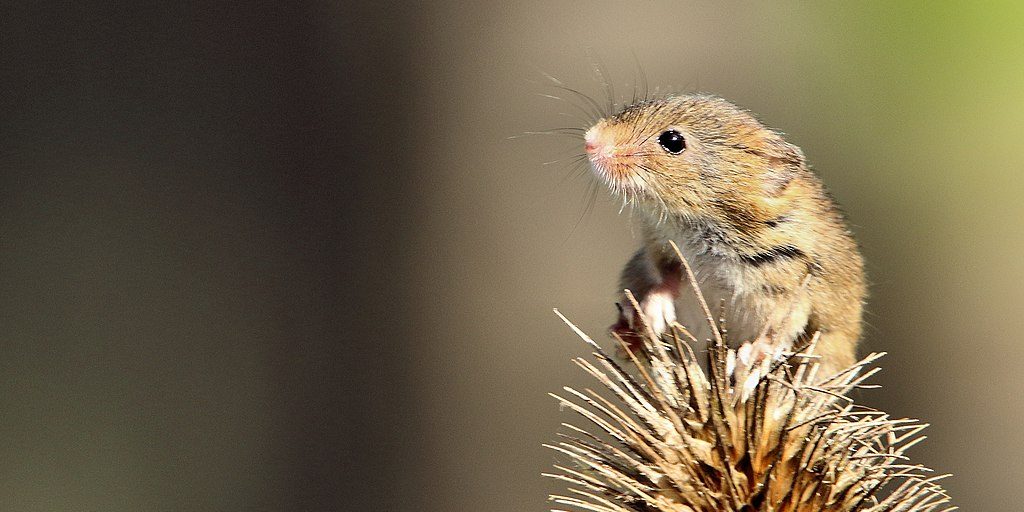Climate News: University of Warwick launches first-ever harvest mouse survey
A group of keen student and staff volunteers have undertaken the University of Warwick’s first-ever harvest mouse survey on record.
The survey was carried out on 12 October 2025 under the guidance of Tanya Carey from Warwickshire Mammal Group, whom the university has been partnering with since 2023 to carry out small mammal surveys on campus. As one of the Mammal Society prize winners of 2025, Warwickshire Mammal Group has become renowned for its non-invasive conservation of wild mammals in the local area.
As Britain’s tiniest rodent, the University has expressed concerns that harvest mice populations are “most likely grossly underreported“.
Given their fragile size, volunteers attempted to locate the presence of harvest mice by looking within the vegetation for their nests, which are vacant at this time of year. These nests are small, and woven using grass, making them difficult to spot.
The harvest mouse is a priority species under the UK Post-2010 Biodiversity Framework
However, the patient volunteers discovered 10 nests, setting the first campus record for the harvest mouse survey.
The harvest mouse is the only British mammal to have a prehensile tail, which it uses to hold on to grass stems. This tail is nearly as long as the harvest mouse’s whole body.
Given its tiny size and elusive, nocturnal nature, the harvest mouse is a priority species under the UK Post-2010 Biodiversity Framework. However, it is listed as “least concern” on the Endangered list, with some areas of the UK considering it “vulnerable”.
Alongside the harvest mouse nests, the volunteers also found two owl pellets in the area, suggesting the presence of owls on campus. The location of these pellets could also provide indications of their diets.
Alongside the survey, the University of Warwick regularly carries out surveys of other species, as well as walks to observe the wildlife on campus. For example, the University also recently completed a moth survey, as well as an evening bat walk, actively raising awareness of the biodiversity on campus.

Comments